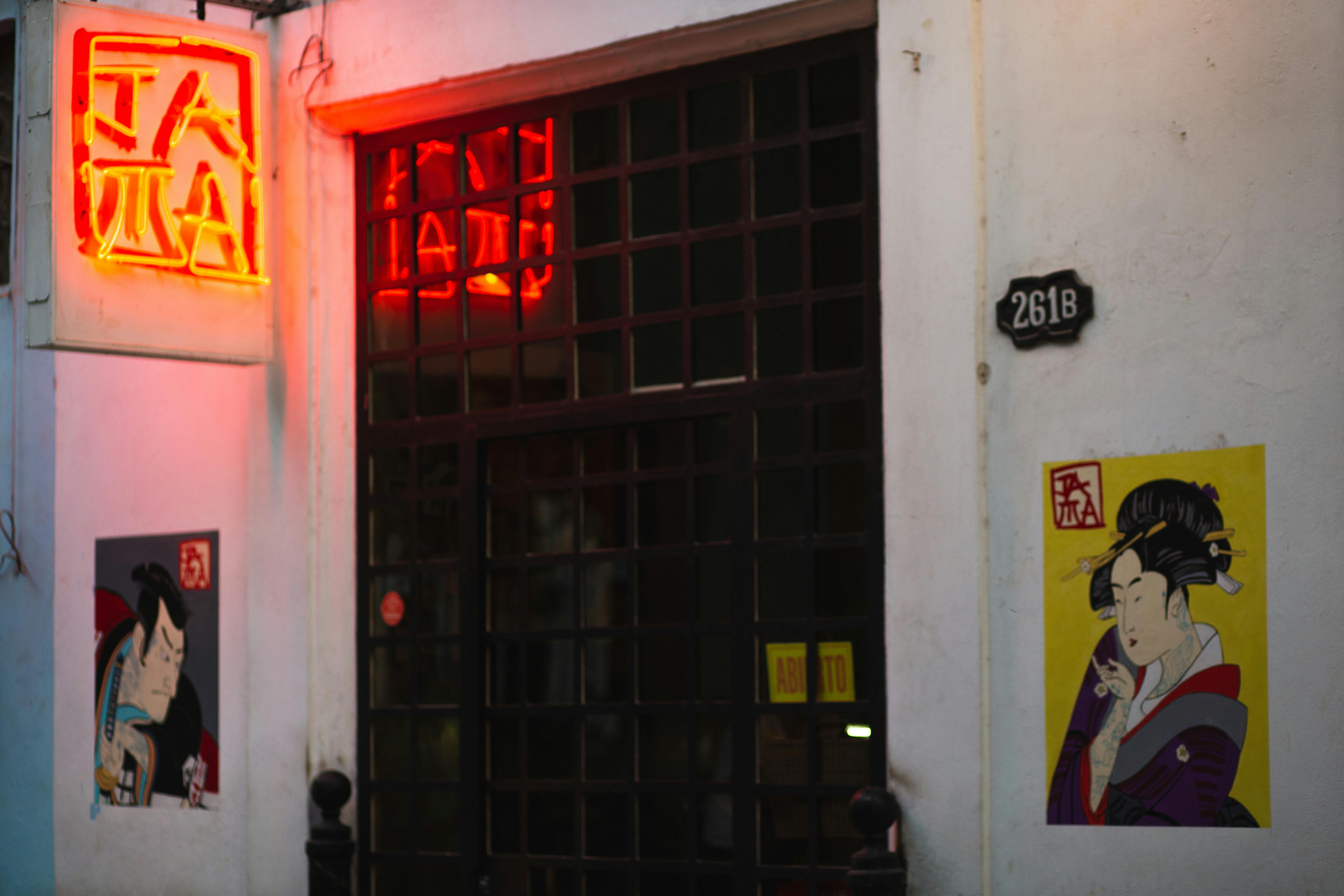Содержимое Pin-Up Casino: общая информация про онлайн-казино1. Безопасность и надежность2. Большой выбор игр3. Высокие бонусы…
The customs of Syrian weddings
Syria, a nation in the middle east, is renowned for its wealthy convention that has persisted into the present day. One such tradition is the Syrian bride. The bridal festival is a spectacular event filled with incredible rites. The visitors and household shower the man and bride with love and affection. The brides’ lives enter a innovative section on the day of the syrian bride, which is celebrated.
In addition to celebrating the happy union of the couple, the syrian ceremony tradition also serves as a deed of kindness. The bride-to-be known as “ktab” is expected to receive a payment from the vicar’s relatives. The Ktab is a requirement, and without it, the marriage is never full. The man and his family are expected to distribute donations to the guests in addition to paying a marriage. These presents are referred to as “adliyah”.
A syrian ceremony is typically celebrated with music and dance. At the wedding group, visitors are invited and given refreshments and food. A traditional syrian music ensemble known as “arada” plays the music. The group is made up of troubadours and performers who sing the Prophet Mohammad’s praises. Additionally, the arada praise the happy couple while reciting religious verses. A Syrian wedding typically lasts until the wee hours of the morning.

A victim’s wedding was regarded as the biggest and most significant occasion in her career prior to the start of the war. It served as a metaphor for her transition from being an impressionable young woman to her womanly function and her withdrawal from the household. However, as a result of the conflict’s beginning and the exodus of individuals from Syria and abroad, many Syrians have switched to more Western-inspired marriage ceremonies. However, a lot of individuals continue to practice the rites.
The bridal shower, which is typically held in a little setting, is the first step in any standard syrian ceremony. The bride’s nearby companions and younger relatives prepare her while she is surrounded by them. The bridegroom is therefore driven to her home by the males. The man is cheered and clapped for as he enters the doorway by a group of troubadours and performers known as the “arada” who they employ. Typically, the man must delay at the porch until a family member pays him the number he requests.
The wedding then makes her great access as a sizable crowd from both people congregates inside or outside the building. The bride enters the room wearing her marital gown and is led to her desk by her maid of honor and best guy during this time, which is followed by more tunes and applause. The rest of the people then enter one by one, and until the bride and groom arrive at their tables, people cheers and dances louder.
Relationships with one’s extended relatives are highly valued in clan-heavy communities like the Manbij area, and weddings offer a chance to deepen these ties. Additionally, standouts take advantage of this opportunity to mediate disputes between opposing people. This is frequently accomplished by exerting pressure on both communities syrian women for marriage to extend invitations to the wedding to one another.
This Post Has 0 Comments